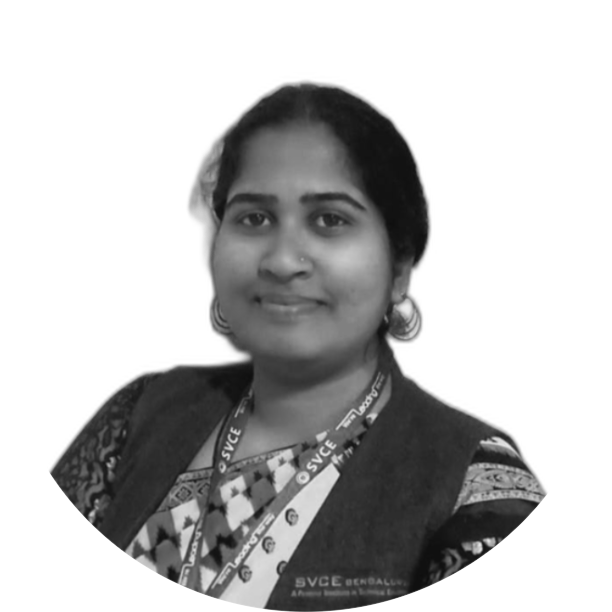Welcome to the Department of Computer Science and Engineering
Course Detials
- Course Duration : 4 Years
- Intake : 180
- No. of Faculty : 33
- Doctorates : 08
- Ph.D. Pursuing : 06
- Technical Staff : 12
Undergraduate Program
Computer Science and Engineering
The Department endeavors for academic excellence in Computer Science and Engineering (CSE) through the student-centric innovative teaching-learning process, competent faculty members, efficient assessment, and effective use of ICT. With globally competent UG and research programs to impart current skills and industry trends relevant to the subject, the Department of CSE is focused on training dynamic leaders who are qualified to take on the roles that the future demands. The Department is also constantly engaged in promoting collaborative research through Industry-Institute Interaction in the various verticals of Computer Science and Engineering, transforming the engineering aspirants to a socially responsible, ethical, technically skilled, and value-added professional or entrepreneur.
To be a school of Excellence in Computing for Holistic Education and Research
- Mission 1
Accomplish academic achievement in Computer Science and Engineering through student-centered creative teaching learning, qualified faculty members, assessment and effective usage of ICT.
- Mission 2
Establish a Center of Excellence in a various verticals of computer science and engineering to encourage collaborative research and Industry-institute interaction.
- Mission 3
Transform the engineering students to socially responsible, ethical, technically competent and Value added professional or entrepreneur through holistic education.
Department Activities
Extra Curriculum Activities
Knowledge
Computer Science and Engineering Graduates will have professional technical career in inter disciplinary domains providing innovative and sustainable solutions
using modern tools.
Skills
Computer Science and Engineering Graduates will have effective communication, leadership, team building, problem solving, decision making and creative skills.
Attitude
Computer Science and Engineering Graduates will practice ethical responsibilities towards their peers, employers and society.
PSO 1
Ability to adopt quickly for any domain, interact with diverse group of individuals and be an entrepreneur in a societal and global setting.
PSO 2
Ability to visualize the operations of existing and future software Applications.
1. Engineering Knowledge: Apply the knowledge of mathematics, science, engineering fundamentals, and an engineering specialization to the solution of complex engineering problems.
2. Problem Analysis: Identify, formulate, research literature, and analyze complex engineering problems reaching substantiated conclusions using first principles of mathematics, natural sciences, and engineering sciences.
3. Design/development of Solutions: Design solutions for complex engineering problems and design system components or processes that meet the specified needs with appropriate consideration for the public health and safety, and the cultural, societal, and environmental considerations.
4. Conduct Investigations of Complex Problems: Use research-based knowledge and research methods including design of experiments, analysis and interpretation of data, and synthesis of the information to provide valid conclusions.
5. Modern Tool usage: Create, select, and apply appropriate techniques, resources, and modern engineering and IT tools including prediction and modeling to complex engineering activities with an understanding of the limitations.
6. The Engineer and Society: Apply reasoning informed by the contextual knowledge to assess societal, health, safety, legal and cultural issues and the consequent responsibilities relevant to the professional engineering practice.
7. Environment and Sustainability:
Understand the impact of the professional engineering solutions in societal and environmental contexts, and demonstrate the knowledge of, and need for sustainable development.,/p>
8. Ethics: Apply ethical principles and commit to professional ethics and responsibilities and norms of the engineering practice.
9. Individual and Team Work: Function effectively as an individual, and as a member or leader in diverse teams, and in multidisciplinary settings.
10. Communication: Communicate effectively on complex engineering activities with the engineering community and with society at large, such as, being able to comprehend and write effective reports and design documentation, make effective presentations, and give and receive clear instructions.
11. Project Management and Finance: Demonstrate knowledge and understanding of the engineering and management principles and apply these to one’s own work, as a member and leader in a team, to manage projects and in multidisciplinary environments.
12. Life-long Learning: Recognize the need for, and have the preparation and ability to engage in independent and life-long learning in the broadest context of technological change.
Knowledge
Computer Science and Engineering Graduates will have professional technical career in inter disciplinary domains providing innovative and sustainable solutions
using modern tools.
Skills
Computer Science and Engineering Graduates will have effective communication, leadership, team building, problem solving, decision making and creative skills.
Attitude
Computer Science and Engineering Graduates will practice ethical responsibilities towards their peers, employers and society.
PSO 1
Ability to adopt quickly for any domain, interact with diverse group of individuals and be an entrepreneur in a societal and global setting.
PSO 2
Ability to visualize the operations of existing and future software Applications.
1. Engineering Knowledge: Apply the knowledge of mathematics, science, engineering fundamentals, and an engineering specialization to the solution of complex engineering problems.
2. Problem Analysis: Identify, formulate, research literature, and analyze complex engineering problems reaching substantiated conclusions using first principles of mathematics, natural sciences, and engineering sciences.
3. Design/development of Solutions: Design solutions for complex engineering problems and design system components or processes that meet the specified needs with appropriate consideration for the public health and safety, and the cultural, societal, and environmental considerations.
4. Conduct Investigations of Complex Problems: Use research-based knowledge and research methods including design of experiments, analysis and interpretation of data, and synthesis of the information to provide valid conclusions.
5. Modern Tool usage: Create, select, and apply appropriate techniques, resources, and modern engineering and IT tools including prediction and modeling to complex engineering activities with an understanding of the limitations.
6. The Engineer and Society: Apply reasoning informed by the contextual knowledge to assess societal, health, safety, legal and cultural issues and the consequent responsibilities relevant to the professional engineering practice.
7. Environment and Sustainability:
Understand the impact of the professional engineering solutions in societal and environmental contexts, and demonstrate the knowledge of, and need for sustainable development.
8. Ethics: Apply ethical principles and commit to professional ethics and responsibilities and norms of the engineering practice.
9. Individual and Team Work: Function effectively as an individual, and as a member or leader in diverse teams, and in multidisciplinary settings.
10. Communication: Communicate effectively on complex engineering activities with the engineering community and with society at large, such as, being able to comprehend and write effective reports and design documentation, make effective presentations, and give and receive clear instructions.
11. Project Management and Finance: Demonstrate knowledge and understanding of the engineering and management principles and apply these to one’s own work, as a member and leader in a team, to manage projects and in multidisciplinary environments.
12. Life-long Learning: Recognize the need for, and have the preparation and ability to engage in independent and life-long learning in the broadest context of technological change.
Laboratory
OUR CREW

Dr. Nageswara Guptha M
Principal
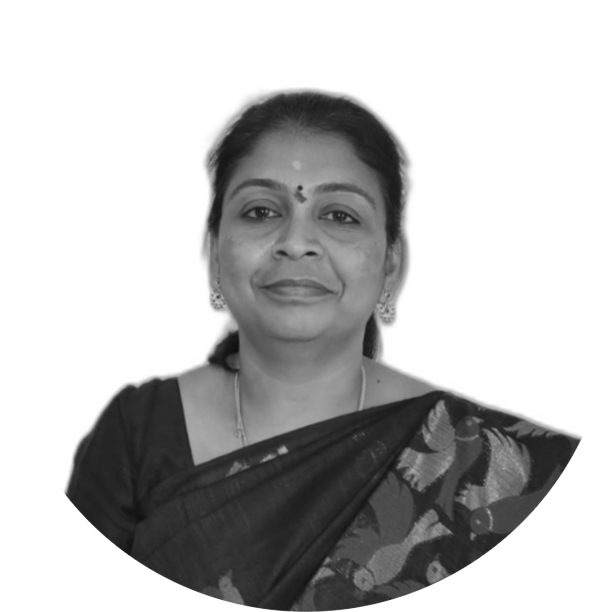
Dr. Hema M S
Professor and HOD
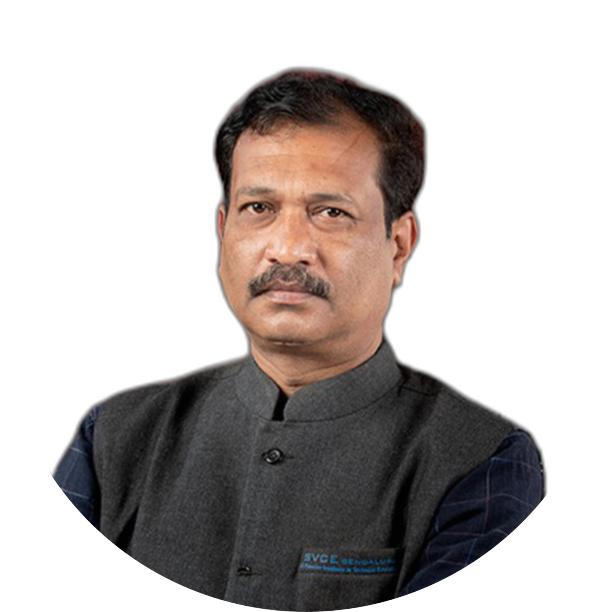
Dr. Sanjeev C Lingareddy
Professor
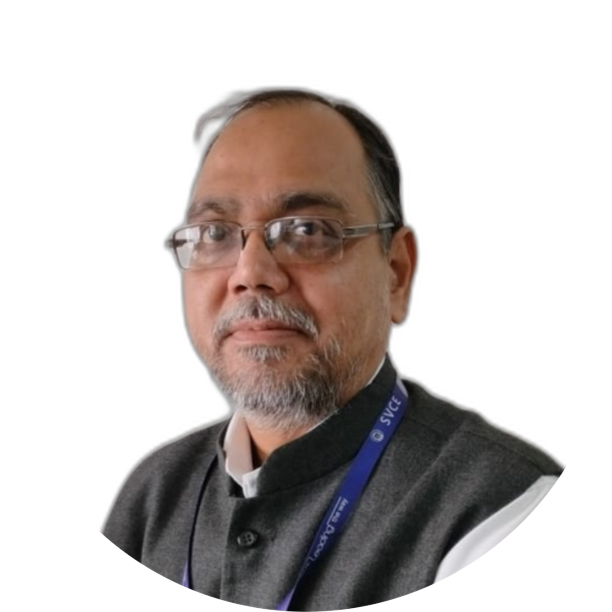
Dr. Mukesh Kumar Singh
Professor
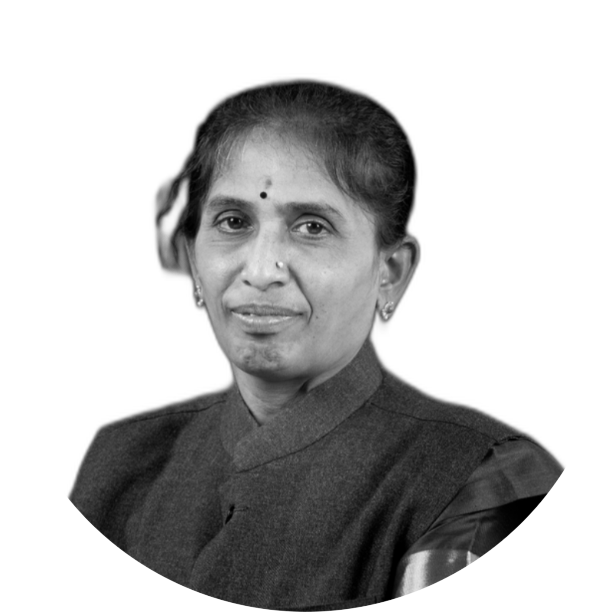
Dr. Suma T
Professor
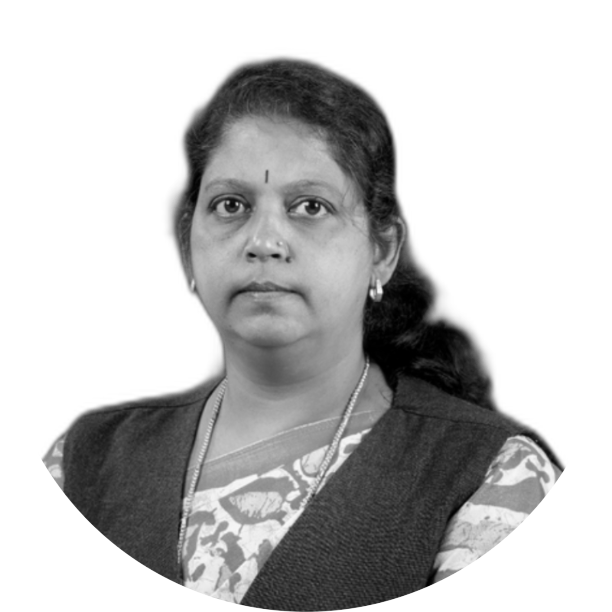
Dr. NIRMALA S GUPTHA
Professor
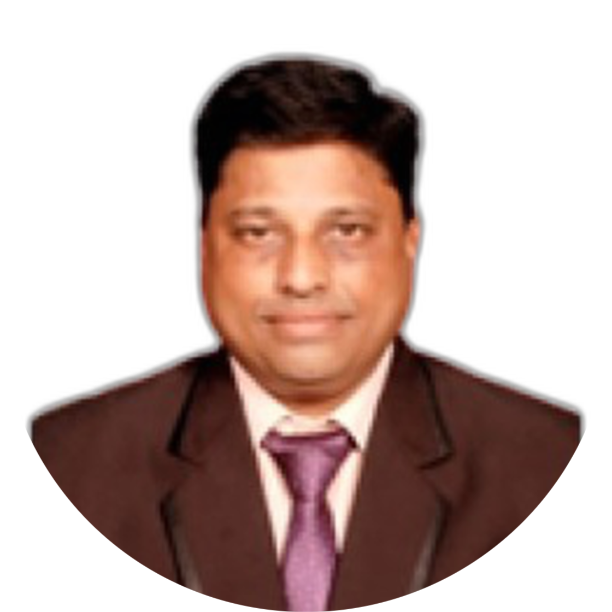
Dr. SATHISH B S
Professor
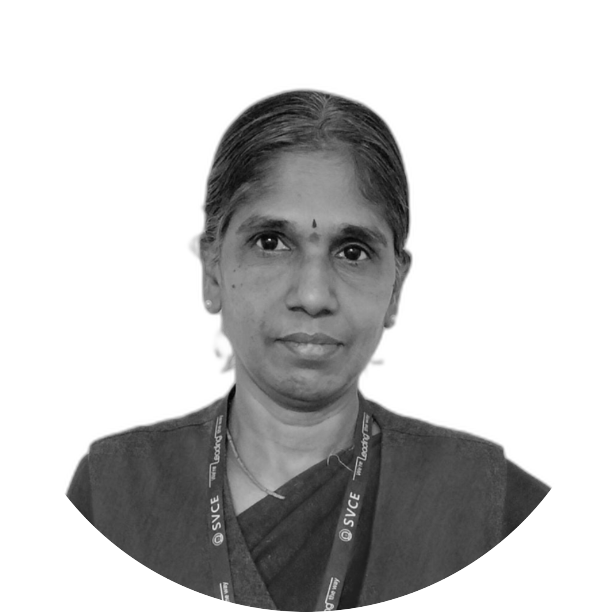
Dr.BAMA S
Associate Professor
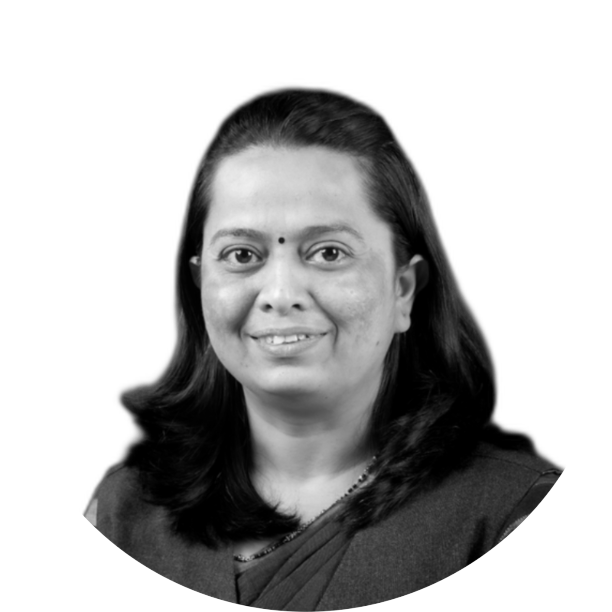
Mrs. Varsha Kulkarni
Assistant Professor
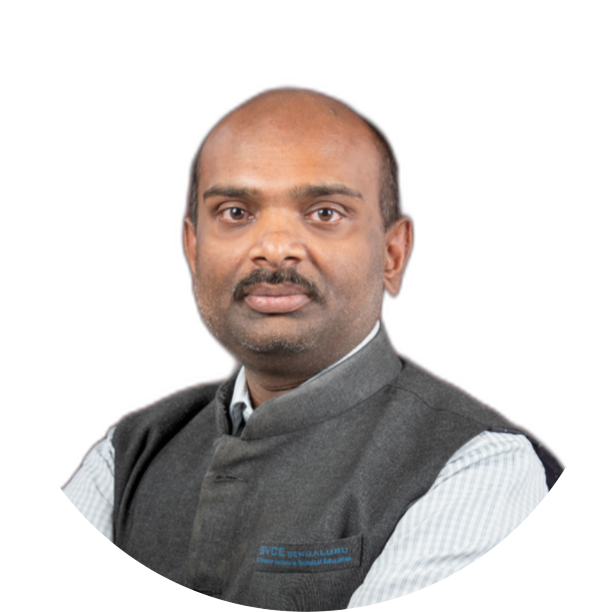
Mr. Suresh P
Assistant Professor
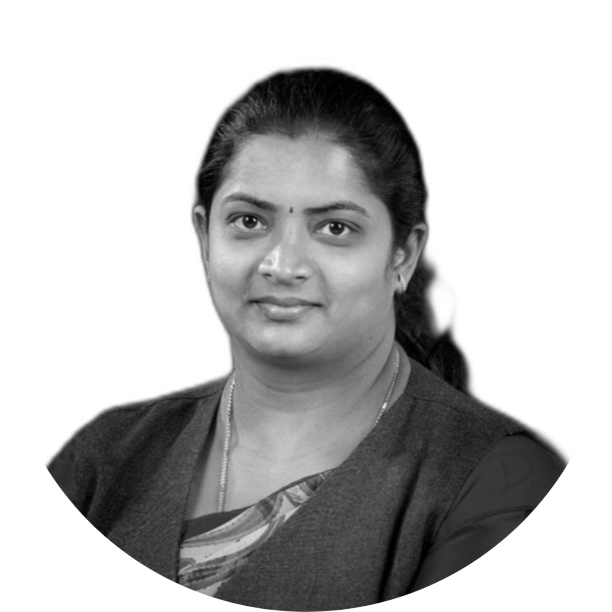
Mrs. Archana M
Assistant Professor
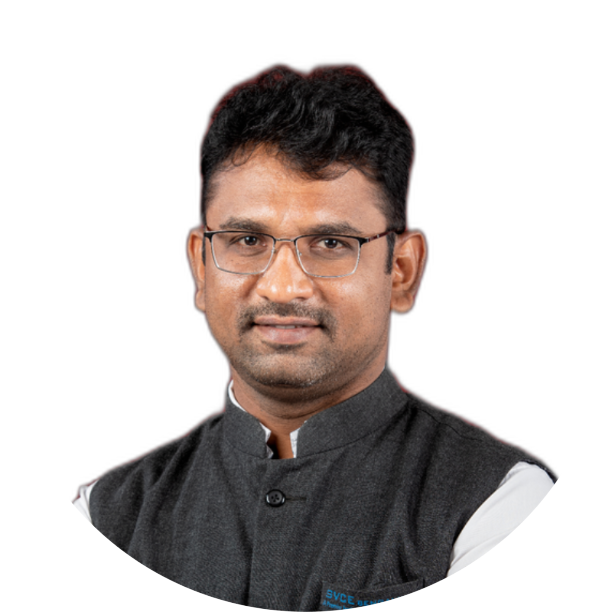
Mr. Lokesh M
Assistant Professor
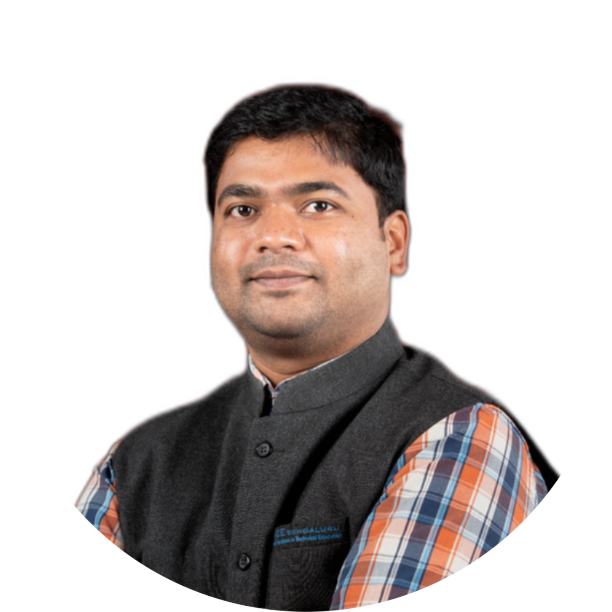
Mr. Abhilash D C
Assistant Professor
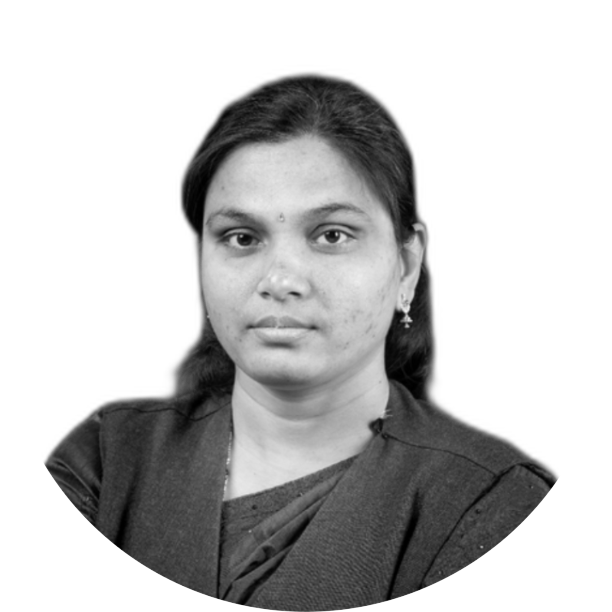
Mrs. Sumangala B
Assistant Professor
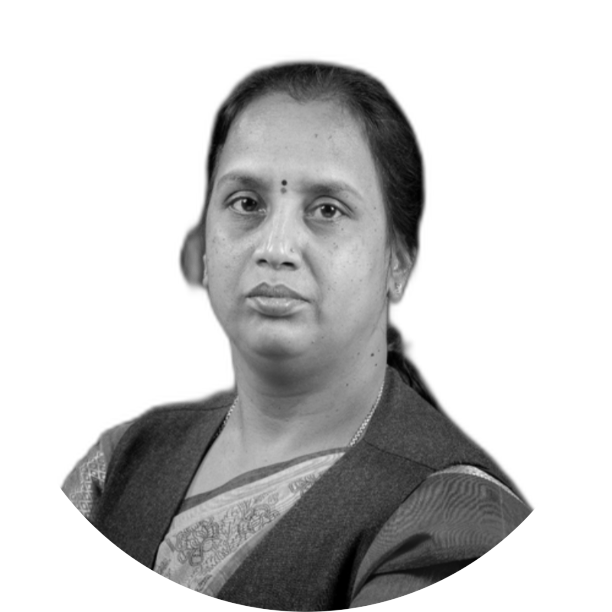
Mrs. Sridevi N
Assistant Professor
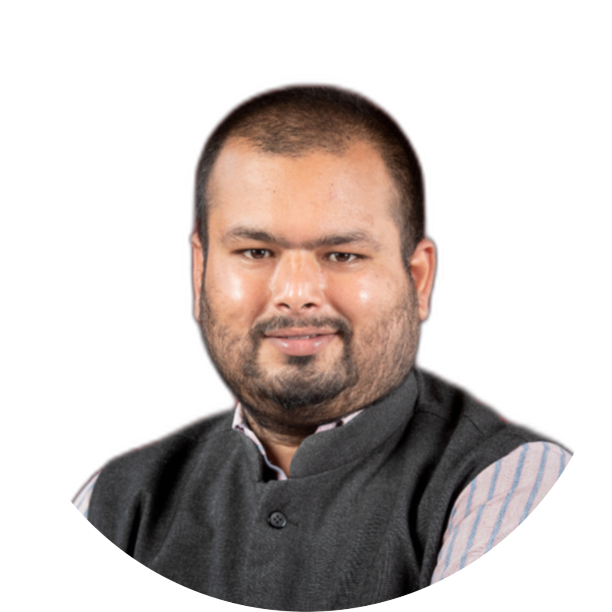
Mr. Srikanth S
Assistant Professor
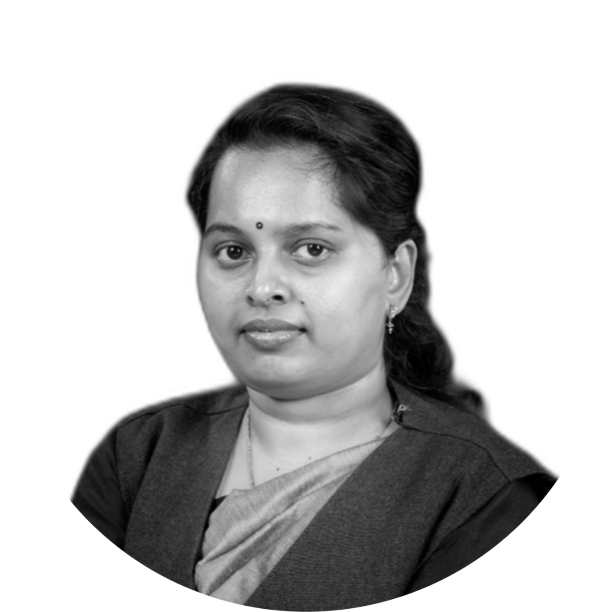
Ms. Veda N
Assistant Professor
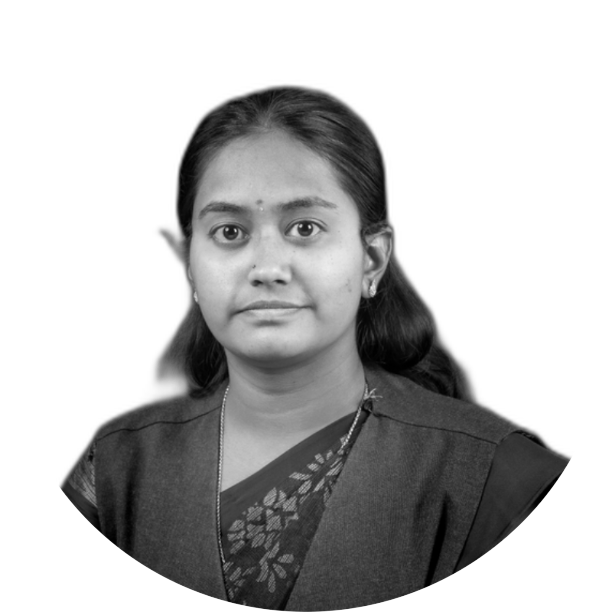
Mrs. Rakshitha K S
Assistant Professor
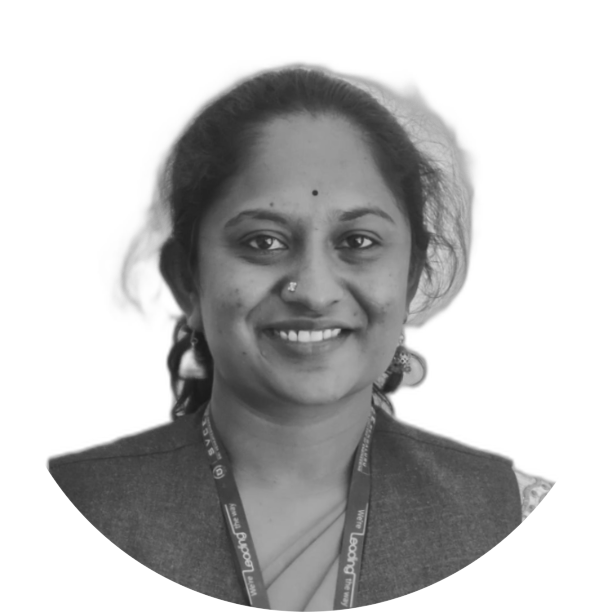
Mrs. Divyaraj G N
Assistant Professor
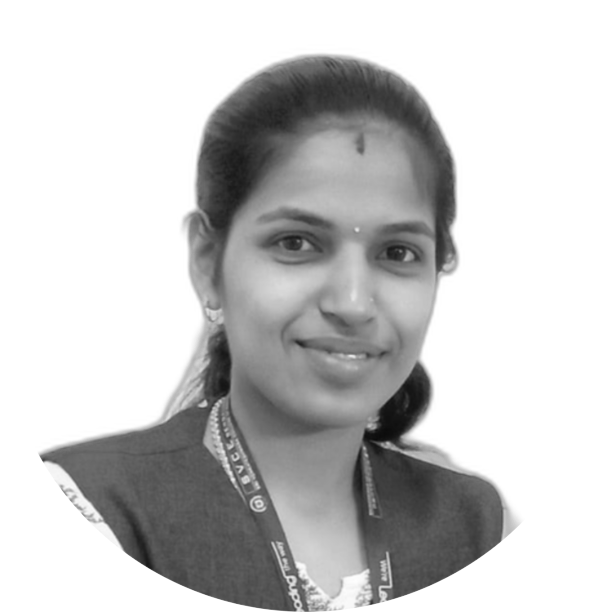
Mrs. Ashika S
Assistant Professor
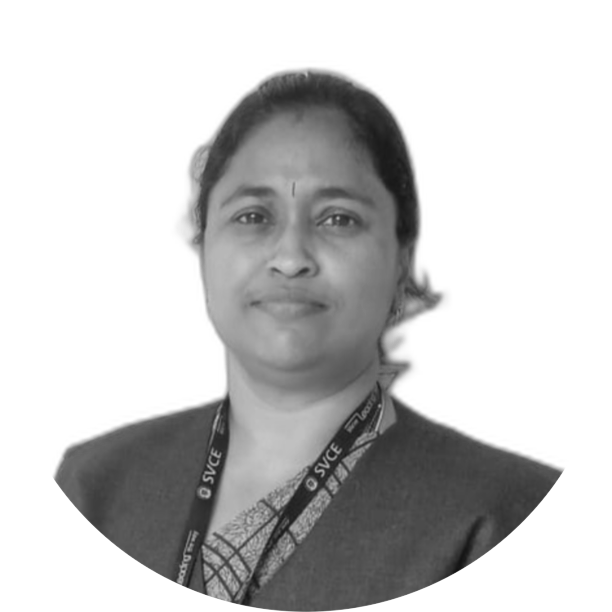
Mrs. Padmavathy
Assistant Professor
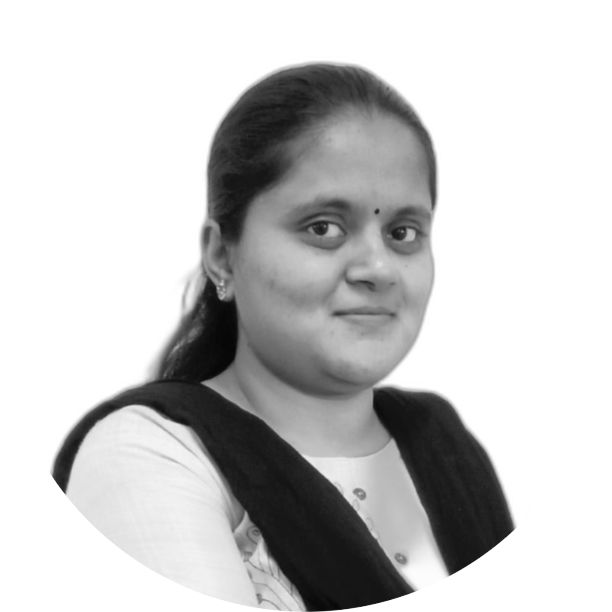
Ms. Rashmi J
Assistant Professor
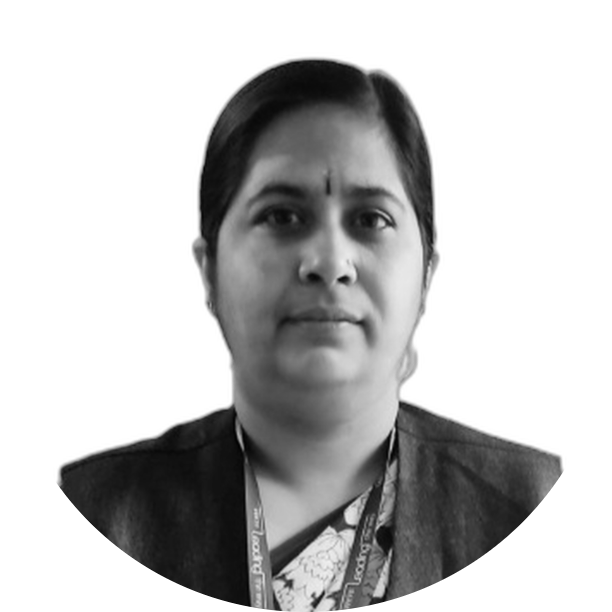
Mrs. Sharadha P N
Assistant Professor

Mrs. Surekha K S
Assistant Professor




